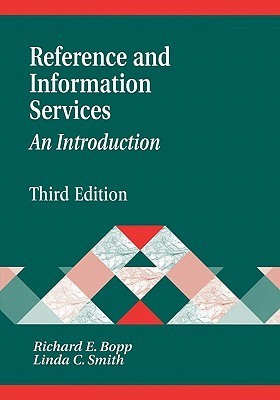
| Title | : | The Early Kabbalah (Classics of Western Spirituality) |
| Author | : | |
| Rating | : | |
| ISBN | : | 0809127695 |
| ISBN-10 | : | 978-0809127696 |
| Language | : | English, Hebrew |
| Format Type | : | Paperback |
| Number of Pages | : | 224 pages |
| Publication | : | June 1, 1986 |
The Early Kabbalah (Classics of Western Spirituality) Reviews
-

If you're interested in religion or mysticism or meditation you'll want this one of the few works on kabbala that's not in a dusty archive somewhere and unlike most it's printed in English. If you've already started your studies you'll want this probably not of much interest as a first book on the subject. If you're just getting started try Honey from the Rock by Kushner or another book called Nine and Half Mystics.
-

The book extracts several writings and provides background on what the series refers to as "Early Kabbalah" which would be the 11th through early 13th centuries. The premise is that Kabbalistic thought, which is defined in the book as the development of a specific area of Jewish mysticism, arose at that time as a result of Moorish, Western and Jewish philosophical thought in an environment of oppression. The extracts themselves are dense, and difficult to understand without interpretation. The book is one of a much larger series by Paulist Press on Western Spirituality. I would recommend reading the introduction for a great discussion and background, but the rest is a tough sled run without help on interpretation.
-

How difficult it is to wrap the history of Kabbalah in a nut shell, this book is a nut shell. A good book as starter, I want to learn after reading.
-

This is a wonderful introduction to the Kabbalah, the Jewish mystical tradition. Prof. Joseph Dan is one of the leading Kabbalah scholars alive today. In this book, he presents selections from the "early Kabbalists", those of the late 12th and early 13th centuries, before the publication of the *Zohar*. This anthology contains brief and heavily annotated selections from the `Iyyun Circle, the Book Bahir (*Sefer ha Bahir*), Rabbi Isaac the Blind of Provence, Rabbi Azriel of Gerona, Rabbi Jacob ben Sheshet of Gerona, and the Kohen brothers, Jacob and Isaac. These are the men who pave the way for the glories of the *Zohar*. These selections are rich in the symbols that later became prevalent in Kabbalah. This book is a particularly good beginning for someone who wants to study Kabbalah in its historical unfolding.







